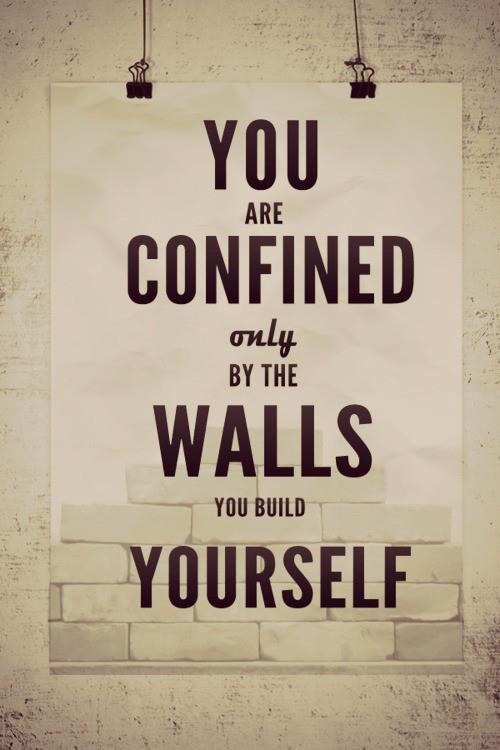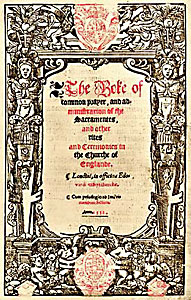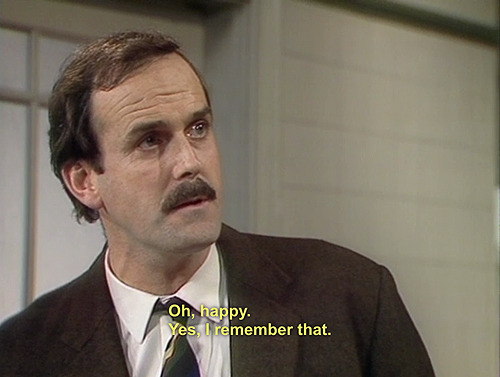-Mark 10:51
I am not a miracle maker. Maybe there are ministers out there who can perform miracles but I am not one of them. If there is some way to go about life in a way that God will provide all one needs, plus more, I do not know it. I am not sure that if I knew such a path I would follow it myself, much less would I share it with those around me. I have never been convinced that miracles and worldly wealth have much long term use. Eventually the miracle or the opulence becomes the new mundane and new issues will come to the fore just as pressing, if not more so, then the old.
I can, however, help create space. I can help define the type of space I am in. I can work to transform the space around me into something dynamic. A space that is not only safe but brave... a space where people can take risks... a space where people do not fear answering the question "what do you want me to do for you?" in a full and honest way.
That is the real crux of today's Gospel in my mind... not that Jesus can be your personal miracle worker but that we can create a space where people can honestly name what their hearts long for before God.
I do not think, however, that we do this naturally. Like the followers of Jesus this morning we have a propensity to silence individuals, and the questions and wants they carry, from unknown quarters. We like having a community of similar individuals, with like minded questions, like minded answers, and similar wants and needs. It makes our lives and patterns easy.
What we have to remember is that Jesus calls us not only to let those from unknown quarters come into our midst, with all their ideas, questions, and wants... but that we are to rejoice that such a one seeks to come into our midst. The key then, as Jesus' question "What do you want me to do for you?" represents, is that we do not then assume we know what that individual seeks, what their needs might be, and how best to answer them. We allow the individual to name those needs themselves.
Then, outside of a miracle, the real work starts. The work to honor that person as a valuable member of the group. The work to discern and understand the questions and ideas the person brings to the community. The work to answer the question "what do you want me to do for you?" as we open ourselves to the new awareness such questions bring.
This does not mean that we can answer all the questions, it does not mean that every want can be, or should be, fulfilled... it does mean that people should not be afraid to name what they need from our communities... it does mean that we should not have standard answers that cannot put to a full and complete review... it does mean that we need to recognize that often it is the community that needs to be transformed and not the outsider.
This is what will take us beyond miracles and towards a transformative community that is brave and able to live into full fellowship with each other and the Holy Spirit because of our patterns of being not because of a need for like mindedness and one shot miracles.
This is what will take us beyond miracles and towards a transformative community that is brave and able to live into full fellowship with each other and the Holy Spirit because of our patterns of being not because of a need for like mindedness and one shot miracles.










